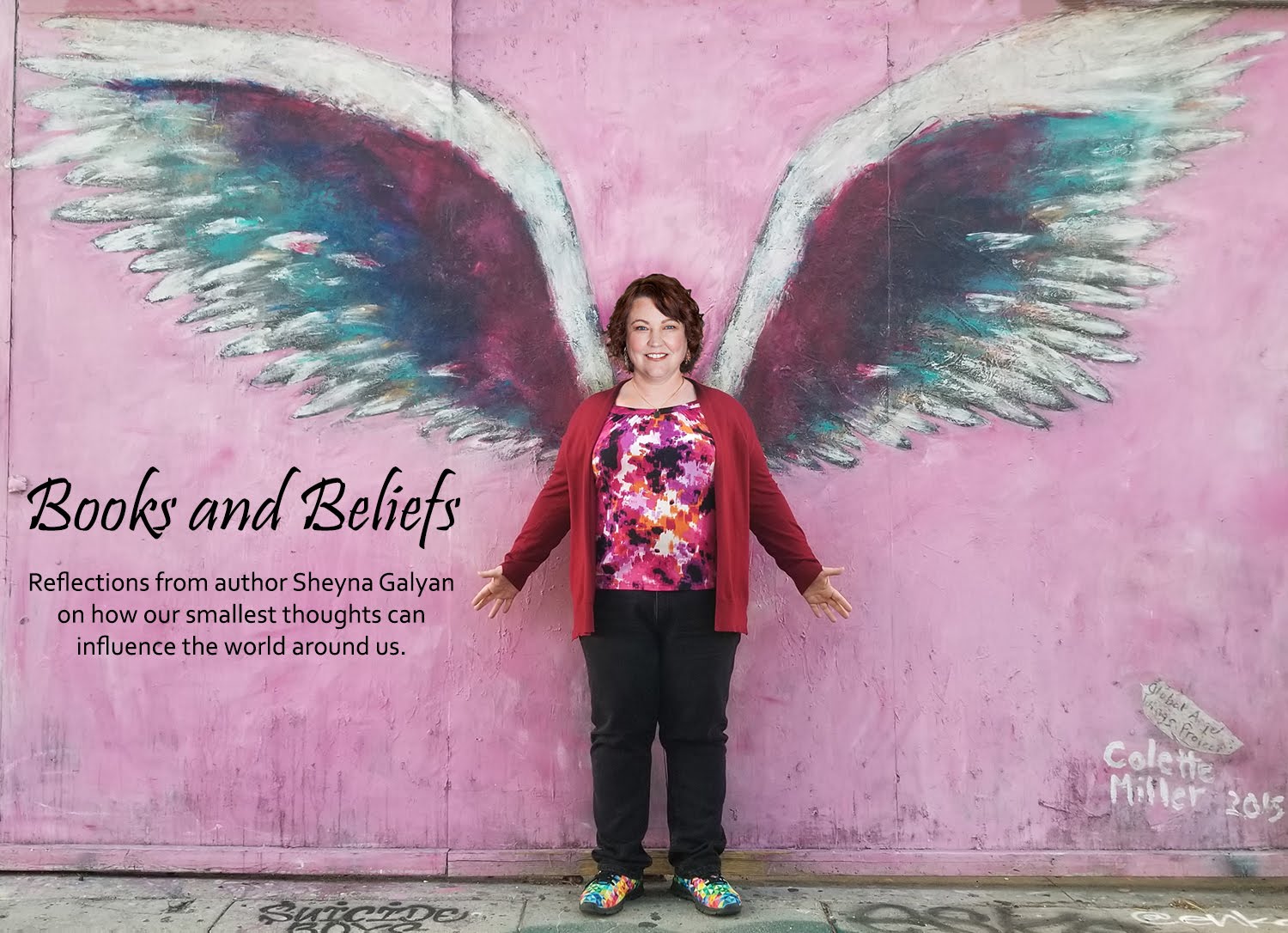I've been invited to costume parties, drinking parties, dancing parties, book parties, and one Lent observance. All I really want to do is burrow under the bedcovers with a pint of Ben & Jerry's New York Super Fudge Chunk ice cream and not think. Or feel.
I started to feel better on Monday, to the point of being able to go to an afternoon meeting at school, despite trembling and perspiring from the sheer effort of being in public. Tuesday I felt well enough to take my older son to the regional competition for History Day, where he competed for a spot at the state competition. (His website, Disney and the Responsibility to Oppose Racism/Sexism, did not move on, but several of his classmates are going to state.)
Today I'm back to dealing with fatigue, anxiety, physical pain, and a talkative negative inner critic. Two steps forward, one step back. Overall it's improvement.
And Purim is still coming.
Online and on the doors of Jewish organizations around town are the signs ubiquitous at this time of year: Be Happy — It's Adar! I blogged about this seven years ago, writing, in part, "some people have really good reasons for being unable to be happy and are not necessarily in control of whether they are happy or not. When I'm in the midst of a depression, I simply cannot just be happy."
Yet Jewish practice places a great emphasis on happiness. Rebbe Nachman said,
מצוה גדולה להיות בשמחה תמיד
"It's a great mitzvah to be happy always!"
If you accept that a mitzvah is a commandment from G-d, then G-d wants us to be happy, which I'm totally down with, but if G-d wants me to be happy always, then why do I have depression? If we were happy always, happiness would become the norm, and there would be nothing to which to compare it. It would cease to be happiness. So perhaps depression is a way of savoring happiness, when it favors me with its caress, far more than if I didn't experience depression.
 |
| Image: Flickr/Brian Snelson: exfordy |
But before we get comfortable with that, a couple of years ago, fellow author Amy Ariel wrote about how Purim is not just about how we Jews survived, or the piety of Esther, or the eventual triumph over the evil Haman, but that it's also a very serious story about sex trafficking. Francesca Littmann on Orthodox Social Justice writes,
But perhaps I'm just taking Purim too seriously. Or perhaps this is the real reason alcohol goes hand in hand with Purim. Drink until you do "not know the difference between 'cursed be Haman' and 'blessed be Mordechai.'" (BT Megillah 7b) Drink until you do not know the difference between a beauty pageant and sex trafficking. Drink until you do not know the difference between depression and ecstacy.
And don't give up drinking just yet; the four cups of wine at Pesach are just around the corner. It's really too bad that Jewish Disability Month was back in February, because I would imagine that Purim and Pesach are landmines every year for anyone who must avoid alcohol due to an addiction.
Maybe I can fulfill the mitzvah of not knowing the difference between "cursed beHaman" and "blessed be Mordechai" by curling up under the bedcovers with a pint of Ben & Jerry's New York Super Fudge Chunk ice cream. And not thinking.
"A closer look at the texts shows that the search for the new queen is far from the innocuous beauty pageant that was told to us in Hebrew school. Women are captured from their homes, rounded up into a harem, and given one by one to be raped by the king. After that one night, they are imprisoned as concubines, their freedom and dignity stolen from them. This part of the Purim story mirrors the cruel reality of human trafficking today."If it was hard to be jovial during the reading of the megillah before, it's really hard now. And with this year's neverending winter, cabin fever and SAD (Seasonal Affective Disorder—a form of depression), it's unclear if Purim is coming at just the right time or at the worst time of year.
But perhaps I'm just taking Purim too seriously. Or perhaps this is the real reason alcohol goes hand in hand with Purim. Drink until you do "not know the difference between 'cursed be Haman' and 'blessed be Mordechai.'" (BT Megillah 7b) Drink until you do not know the difference between a beauty pageant and sex trafficking. Drink until you do not know the difference between depression and ecstacy.
And don't give up drinking just yet; the four cups of wine at Pesach are just around the corner. It's really too bad that Jewish Disability Month was back in February, because I would imagine that Purim and Pesach are landmines every year for anyone who must avoid alcohol due to an addiction.
Maybe I can fulfill the mitzvah of not knowing the difference between "cursed be


